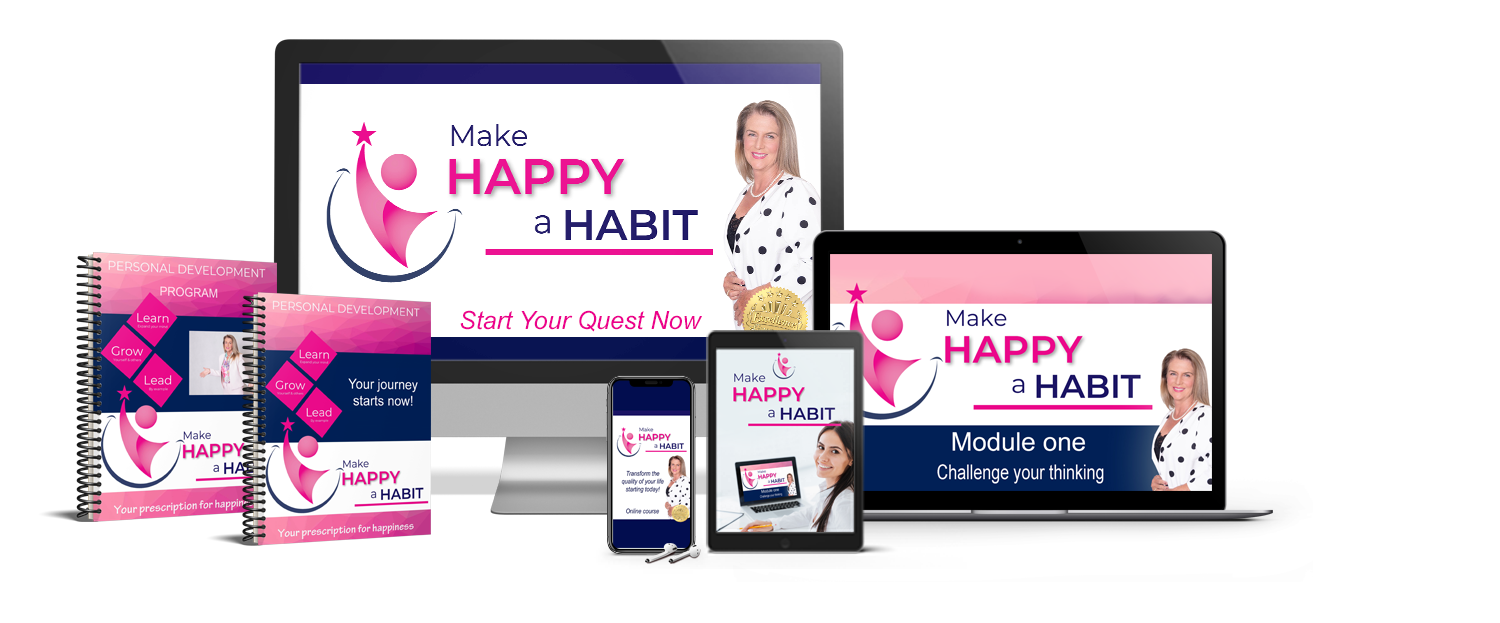Blog
Well-being starts with you
How To Cope If You Don’t Have Your Kids At Christmas

Waking up on Christmas morning without your kids can be one of the hardest moments you face as a parent. It’s a mix of silence, sadness, and maybe even anger. The house feels empty, and all the Christmas magic you hoped to share feels out of reach. If you’re going through this, know that you’re not alone—and there are ways to prepare, cope, and get through the day with strength and love.
1. Plan for That Morning
The moment you wake up can hit like a wave, so have a plan ready. Structure helps. Maybe you start your day with a planned walk, a journal entry, or a call to someone who understands. The key is not letting the silence take over. Even something small—like making your favourite breakfast or playing your go-to song—can ground you in the moment. Decide to embrace this time as rest, as we all know parenting can get full on at times. Perhaps fill your day with putting together a toy or making things nice when you see them next.
2. Let Yourself Feel It
It’s okay to feel grief, anger, or even guilt. Don’t judge yourself for missing them so much it hurts. Christmas has a way of shining a light on everything we don’t have, but pushing down your emotions only makes them louder. Let the tears come if they need to. You’re not being weak—you’re being human.
3. Create New Meaning for the Day
Just because your kids aren’t there doesn’t mean the day has to be empty. Create something new for yourself:
- Treat yourself to a cosy morning with your favourite movie or book.
- Start a new tradition, like baking something special or heading out for a drive to a beautiful spot.
- Unwrap a small gift for yourself. You deserve love, too, even if it’s self-given.
It won’t erase the pain, but it can help you find some light in the day.
4. Reach Out to Others
It’s easy to isolate when you’re hurting, but connection is one of the most healing things you can give yourself. Call a close friend, visit family, or even volunteer somewhere for a couple of hours. Being around others, even in small doses, can remind you that you’re not alone in this.
5. Send Love to Your Kids, Wherever They Are
Even if you can’t be with them, they’ll still feel your love. Call them if you can, send a heartfelt message, or write them a note for when you next see them. Knowing that you’re thinking of them—even from afar—can bring you both comfort.
6. Remember, It’s Just One Day
It’s hard to hear, but Christmas is just one day. It doesn’t define your relationship with your kids or the love you share. You’ll have other days—days to laugh, hug, and make new memories together. Hold onto that.
7. Talk It Out
If the emotions feel too heavy to carry on your own, don’t be afraid to ask for support. It’s okay to say, “I’m struggling.” Whether it’s a trusted friend, a family member, sharing the weight can help you move through it. Remember this too shall pass and you will see their smiling faces before you know it!
How To break free from negative thinking-for good!

Discover life changing secrets to living the life of your dreams, YouTube channel coming soon:
Discover relief from emotional challenges with as little as just one session!


How To Love Yourself: Steps To Discovering Self-Love

The Power of Self-Love: Transform Your Life from the Inside Out
If you’re struggling with self-love, it might be affecting your life in ways you haven’t realized. A lack of self-love can lead to feelings of unworthiness, difficulty in forming relationships, and a lack of fulfilment in life. The truth is, you are significant and deserving of love. People can only love you as much as you love yourself, so when you nurture self-love, you unlock the power to see your own worth—and others will see it too.
What Is Self-Love, Really?
Self-love isn’t about being vain or selfish; it’s about valuing yourself as you are—flaws, strengths, and all. It means treating yourself with the same kindness, compassion, and care that you’d give to a loved one. When we practice self-love, we stop allowing our inner critic to control us and start building a healthier relationship with ourselves.
Why Self-Love Matters
When you love yourself, you create a foundation of confidence and resilience. You become less affected by outside opinions and judgments. In fact, research has shown that practicing self-love can reduce stress, increase overall well-being, and even improve relationships with others. It boosts our mental health, empowering us to face challenges with a positive mindset.
How to Cultivate Self-Love
- Practice Self-Compassion
Start by being kind to yourself. When you make a mistake, instead of criticizing yourself, treat yourself like you would a friend. Acknowledge that mistakes are part of growth, and allow yourself to learn from them.
- Affirmations and Positive Self-Talk
Words hold power. The more you speak positively to yourself, the more you reinforce a loving mindset. Use affirmations like, “I am worthy of love and respect” or “I am enough just as I am.” Replace negative self-talk with words of encouragement.
- Set Healthy Boundaries
Loving yourself means knowing when to say no. Protect your time and energy by setting boundaries that prioritize your well-being. Don’t overextend yourself, and learn to say no without guilt.
- Take Care of Your Body and Mind
Self-love involves caring for both your physical and emotional needs. Eat nourishing food, get enough rest, and engage in activities that bring you joy. Exercise, meditate, or simply take time to relax and recharge. Your mind and body are connected, and when you treat both with care, you create harmony within yourself.
- Celebrate Your Achievements
Take time to recognize and celebrate your successes, no matter how small. Self-love isn’t about perfection—it’s about appreciating your efforts and progress. Each step forward is worth acknowledging.
The Role of Self-Love in Personal Transformation
When you embrace self-love, you shift your perspective and start to see your worth. This positive shift empowers you to take on challenges with renewed strength, helps you embrace your authentic self, and opens the door to greater happiness and success.
Remember, practicing self-love isn’t something that happens overnight. It’s a journey, and every small step you take toward treating yourself with kindness brings you closer to a healthier, more fulfilling life.

